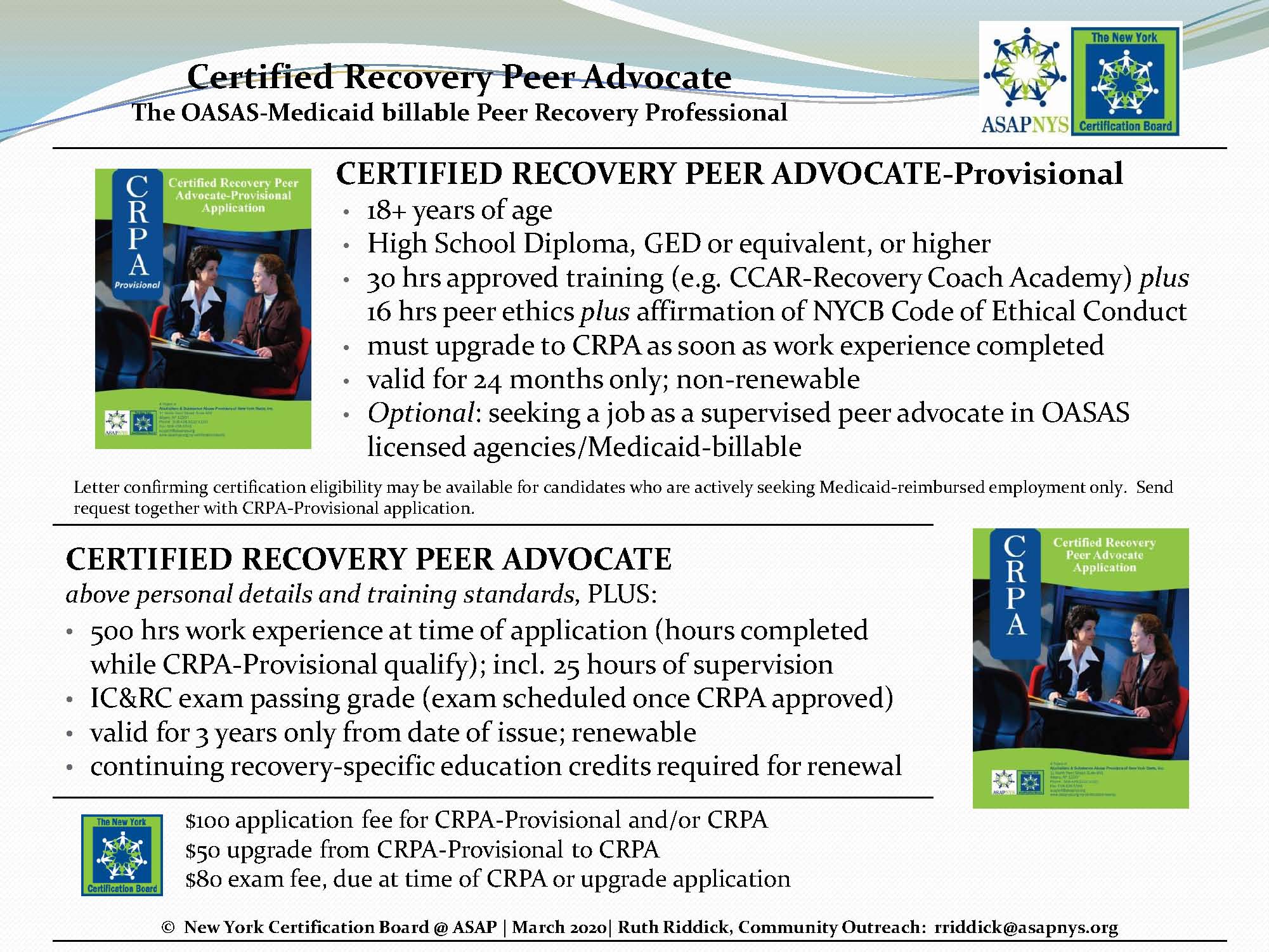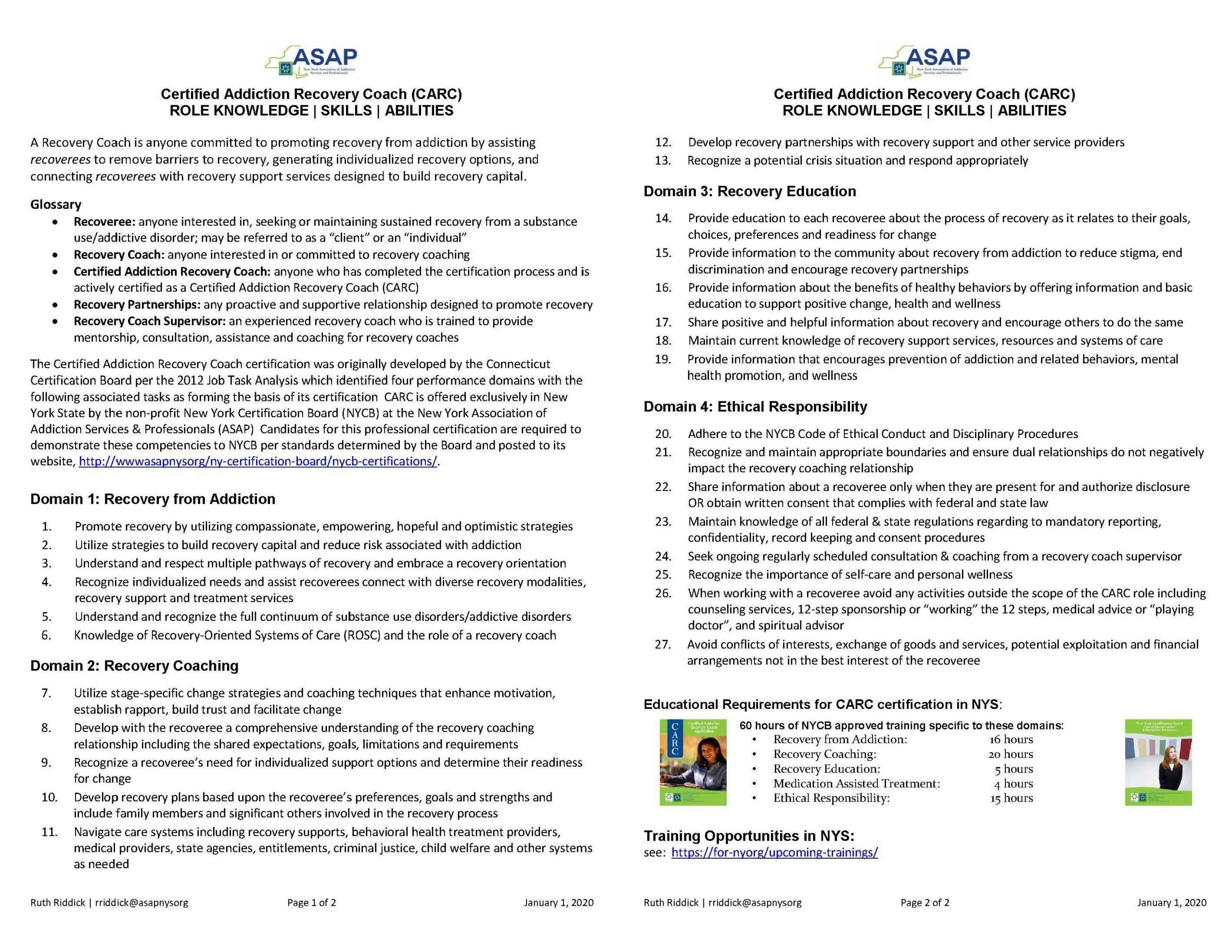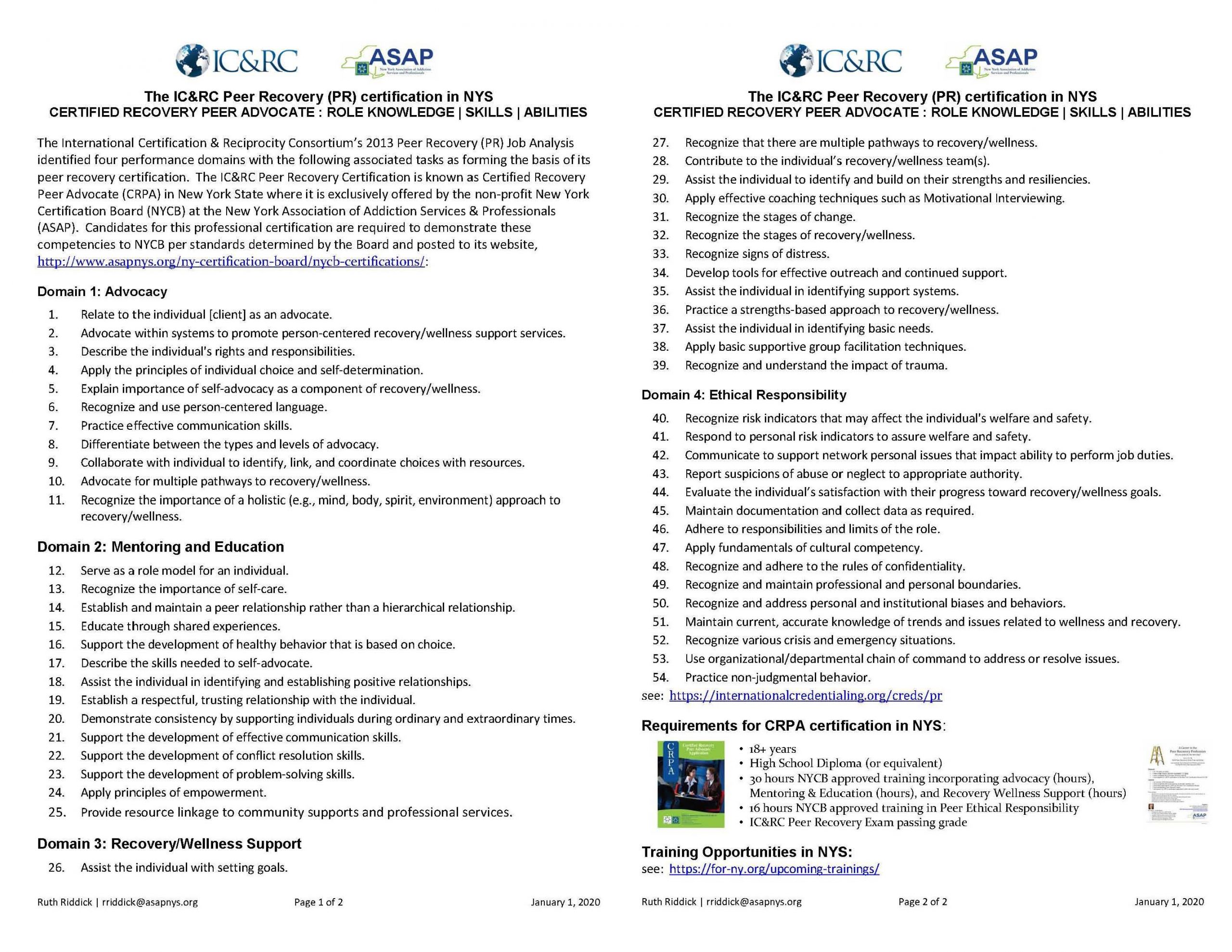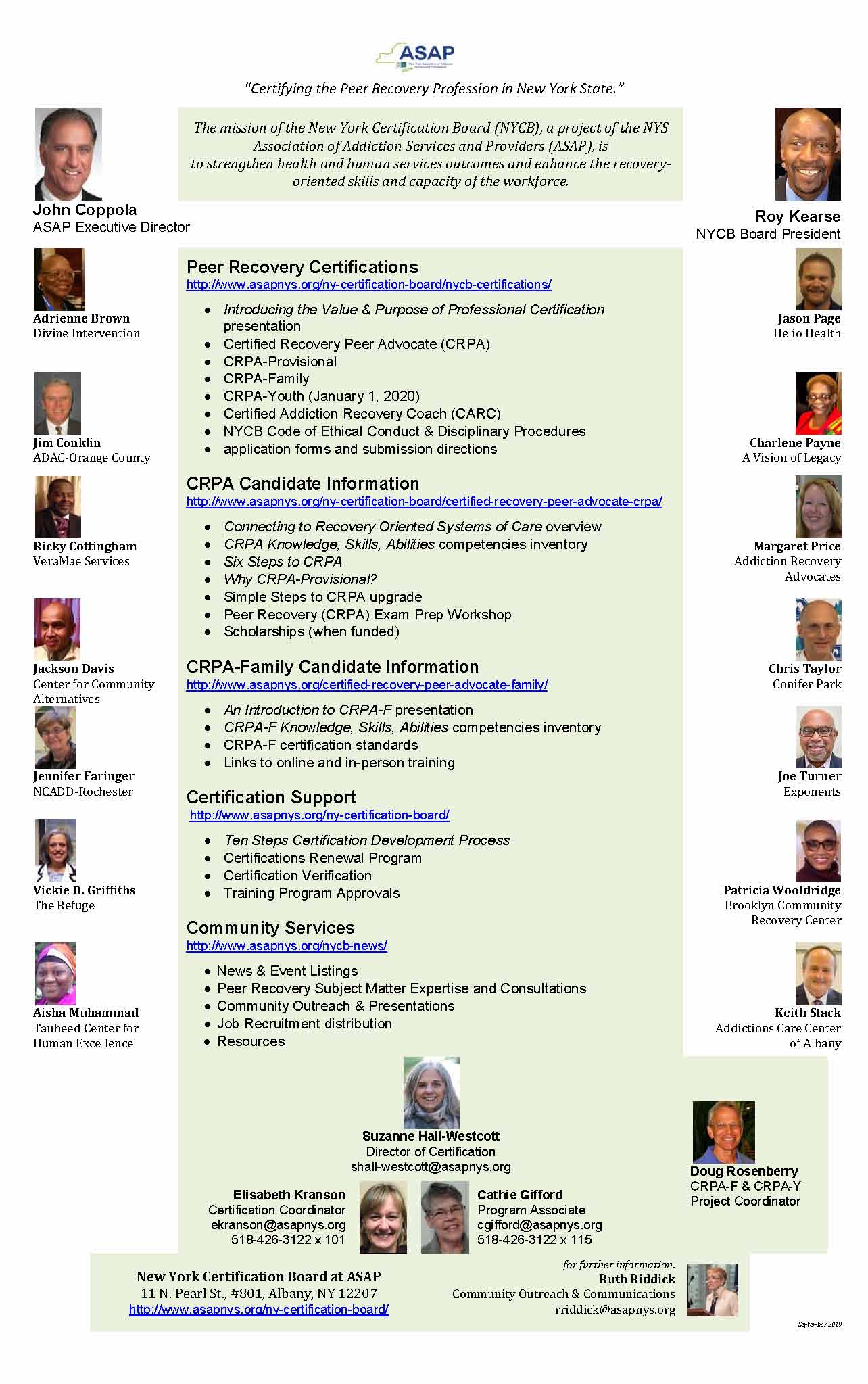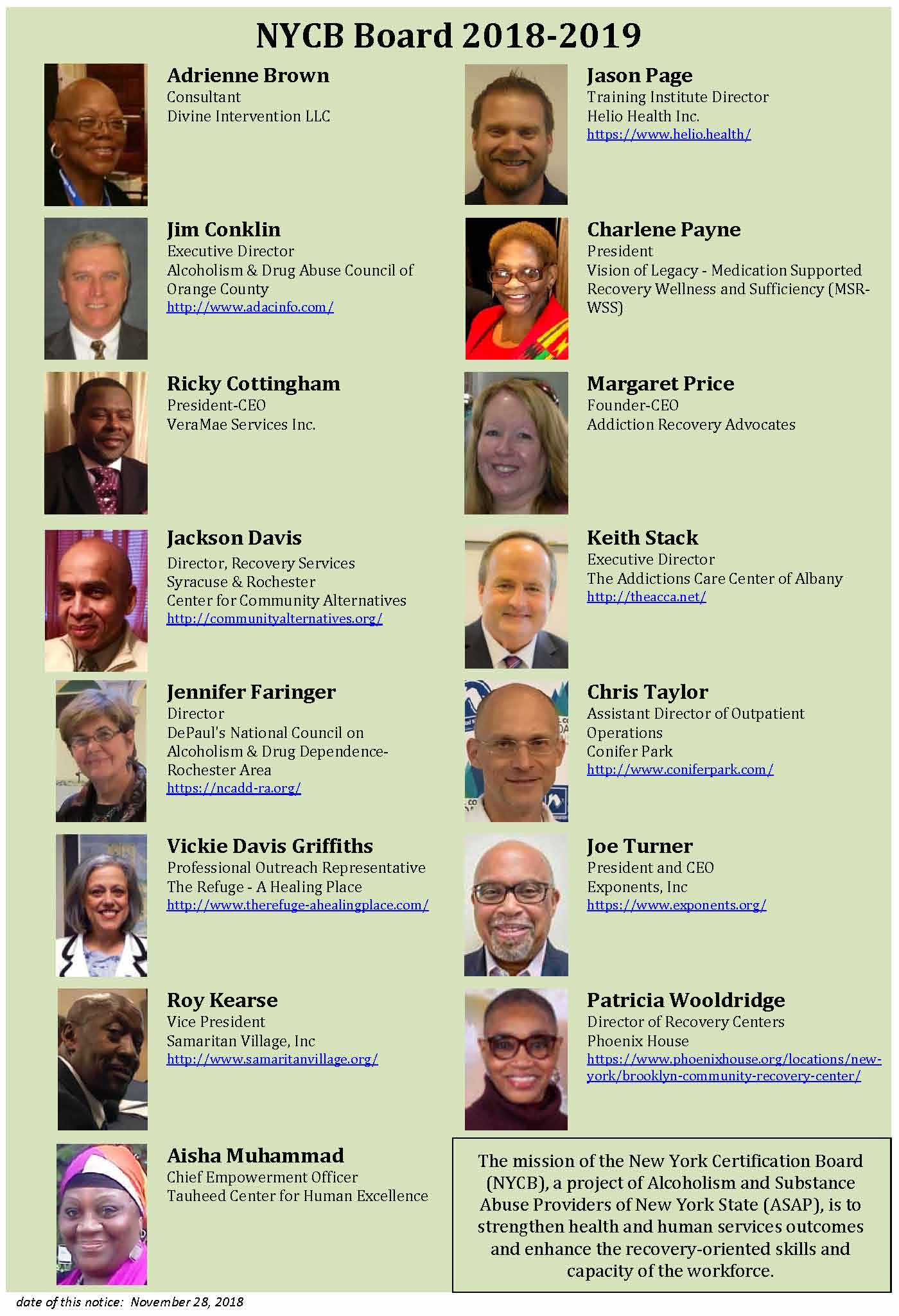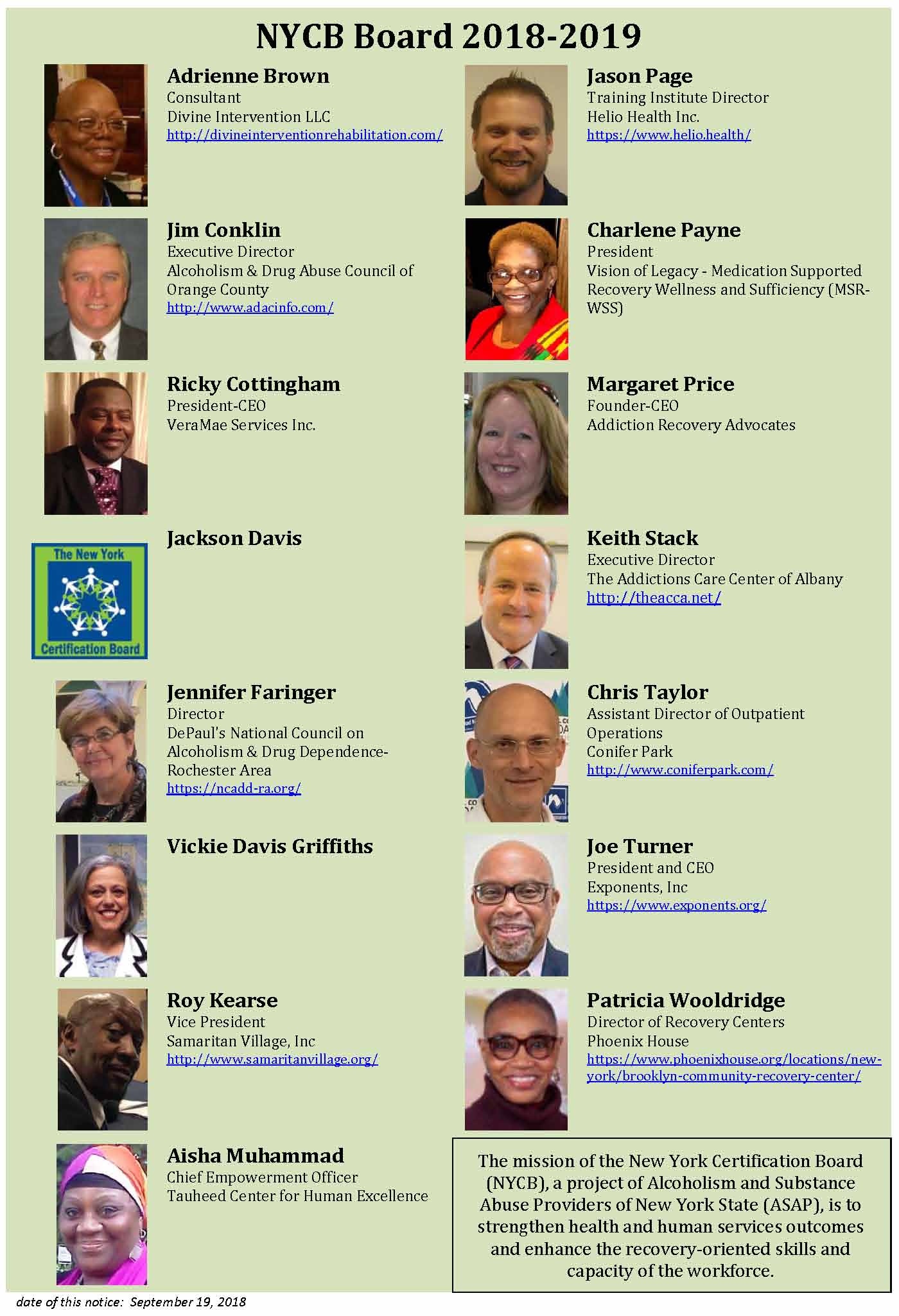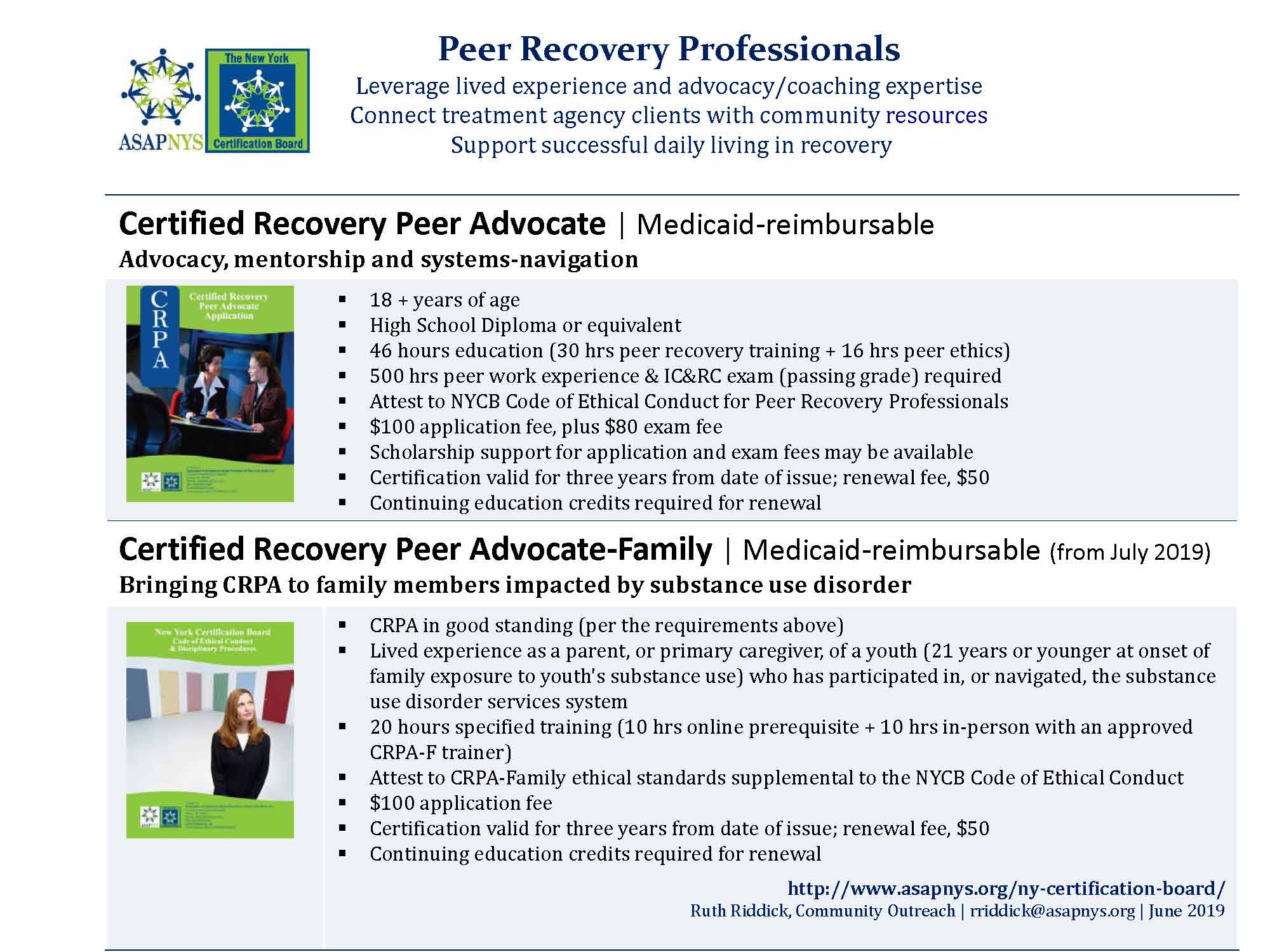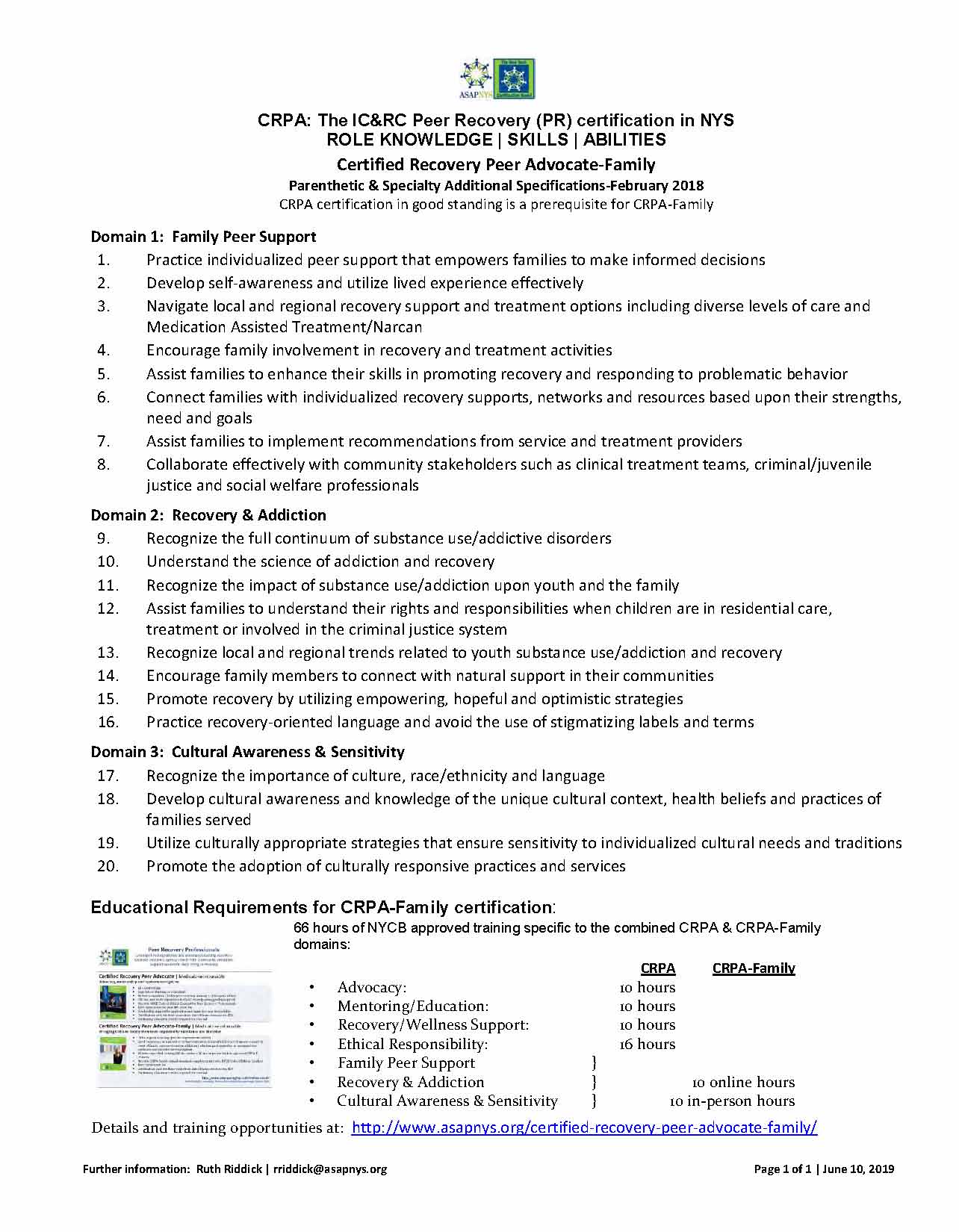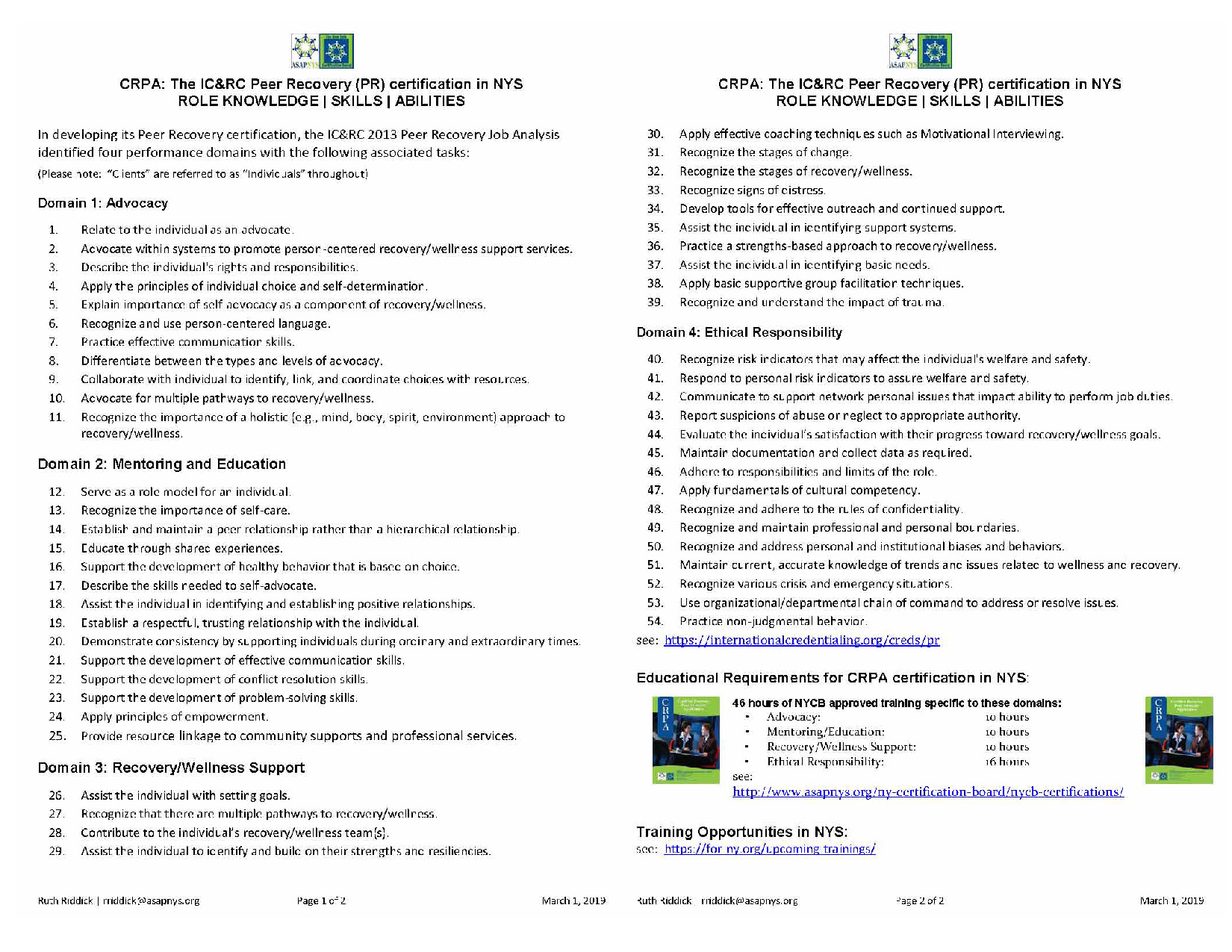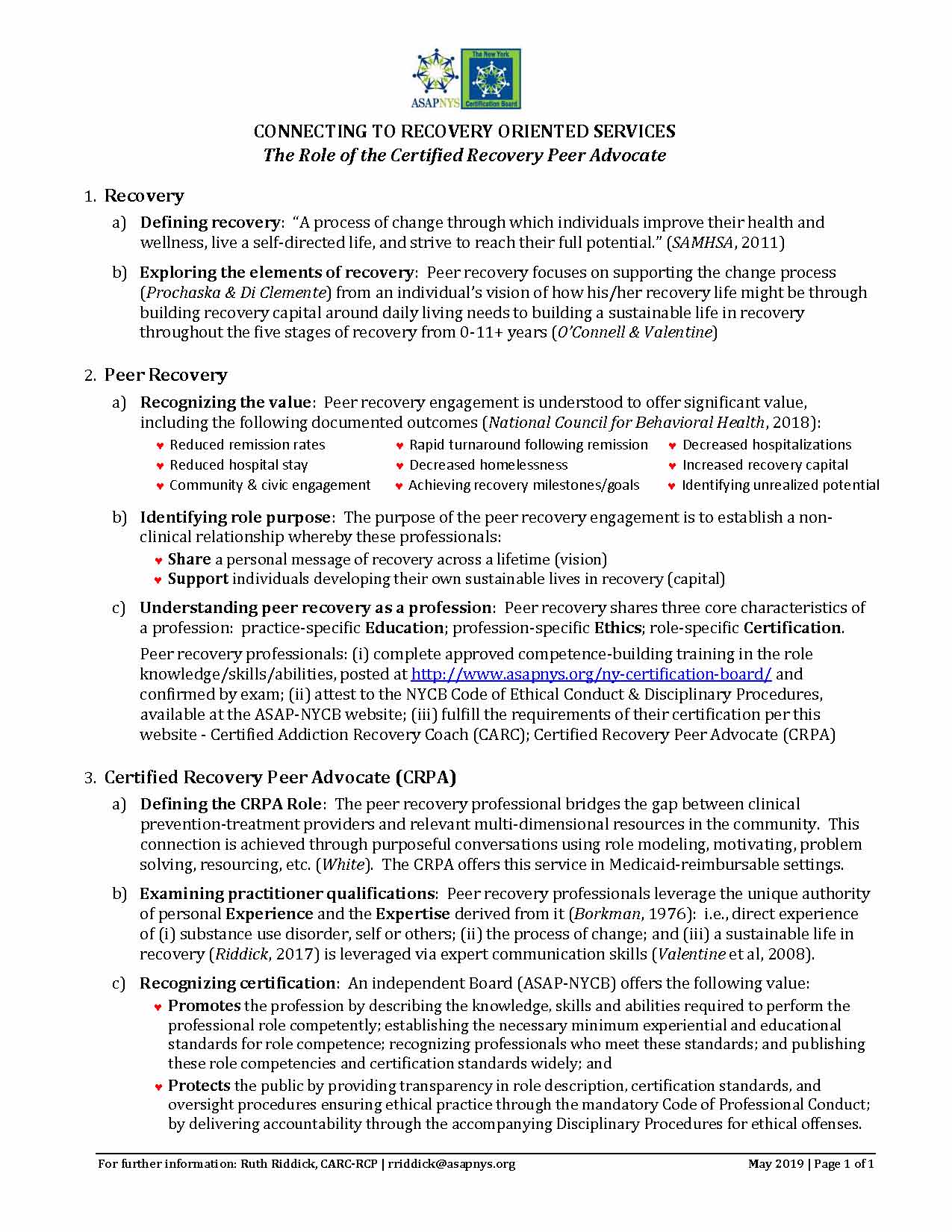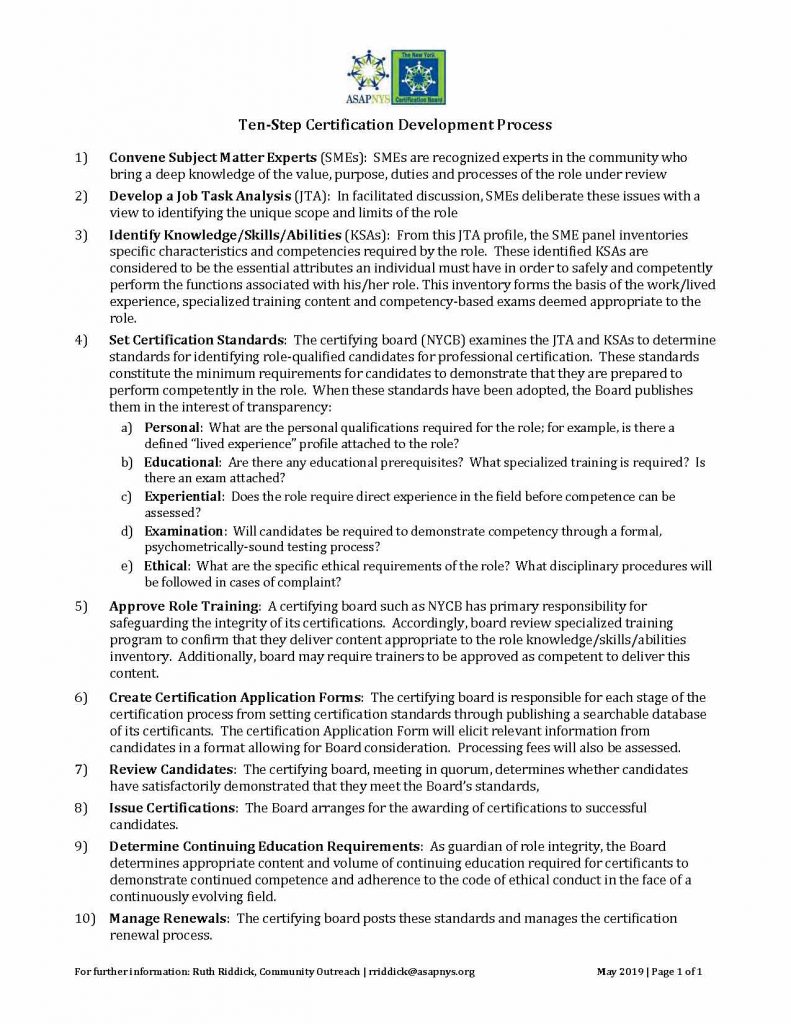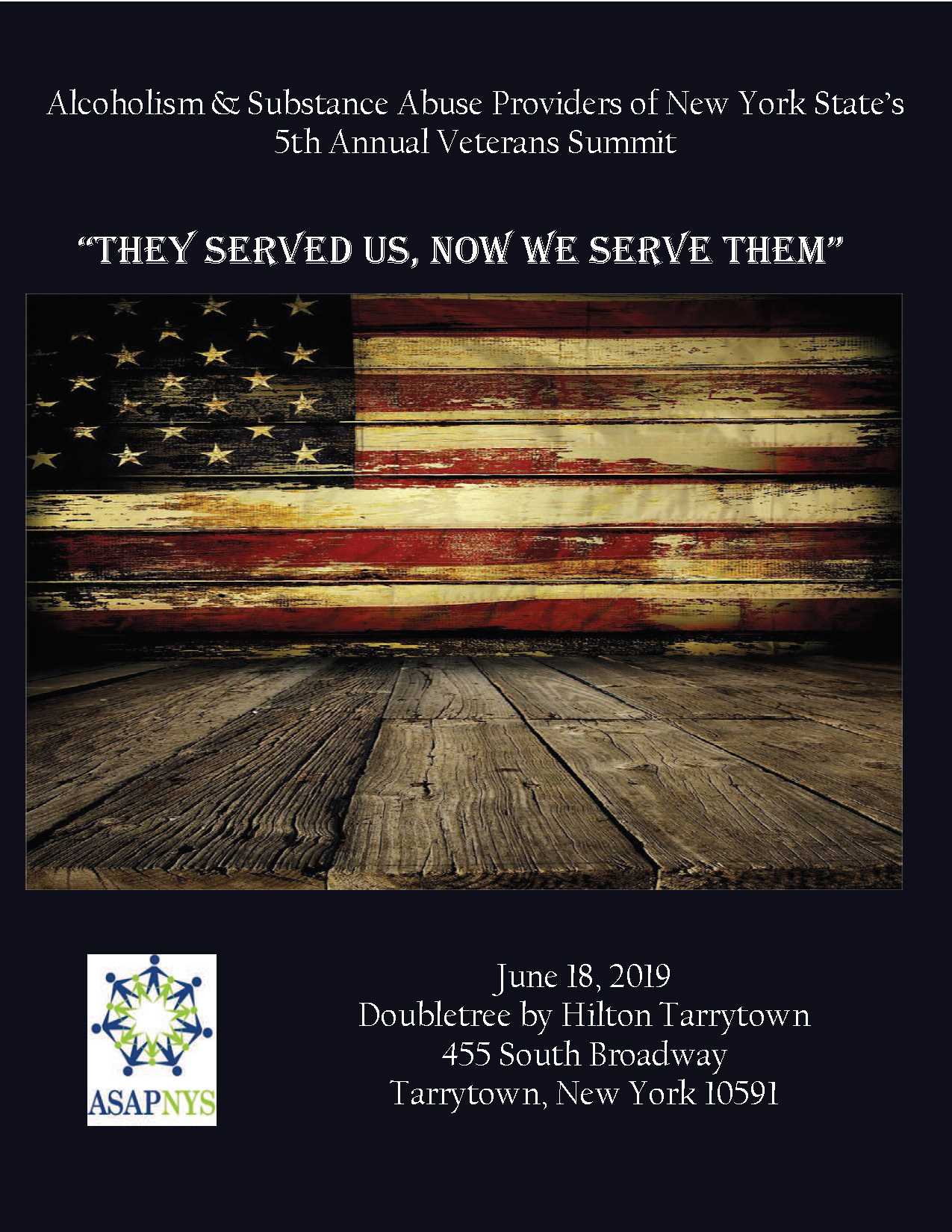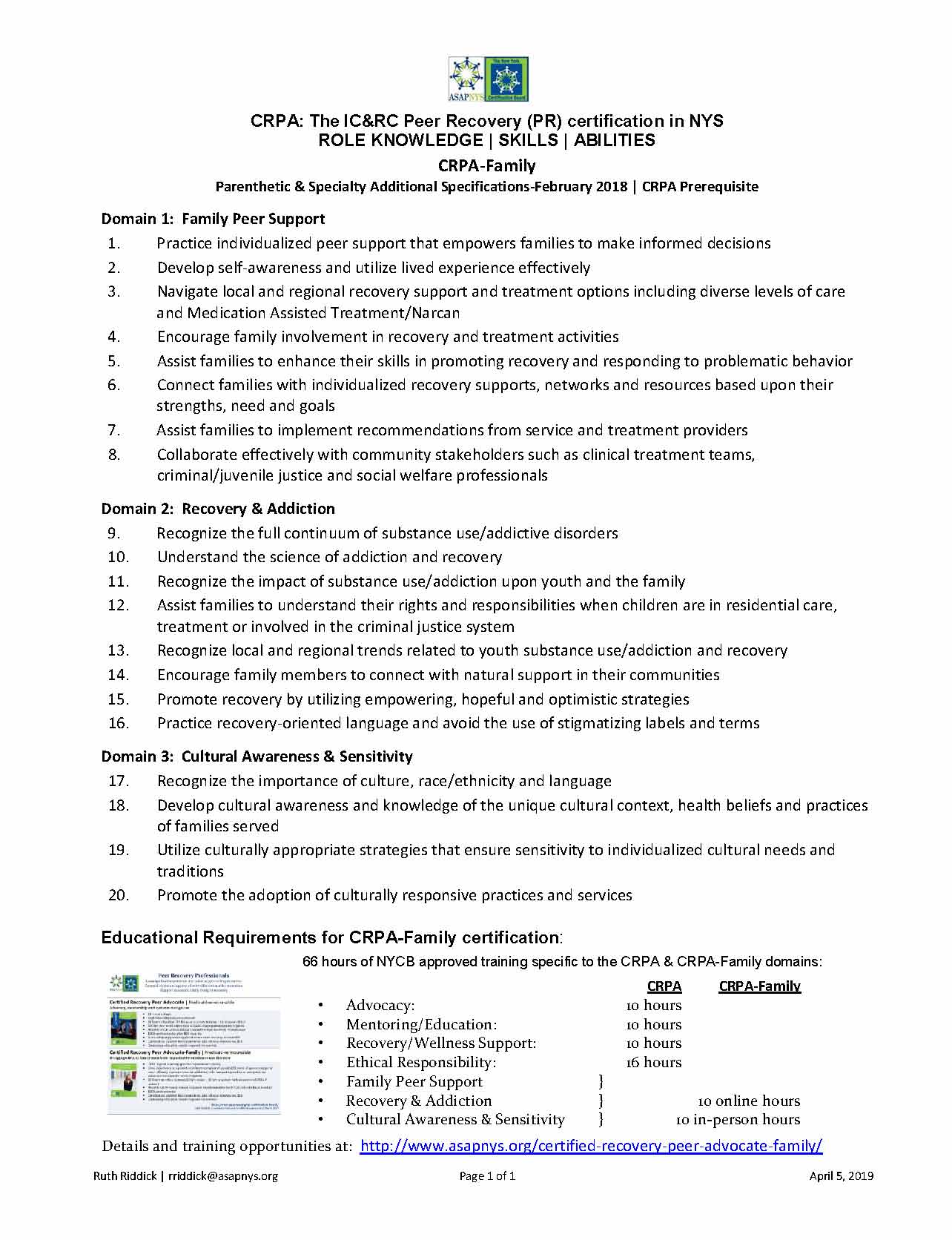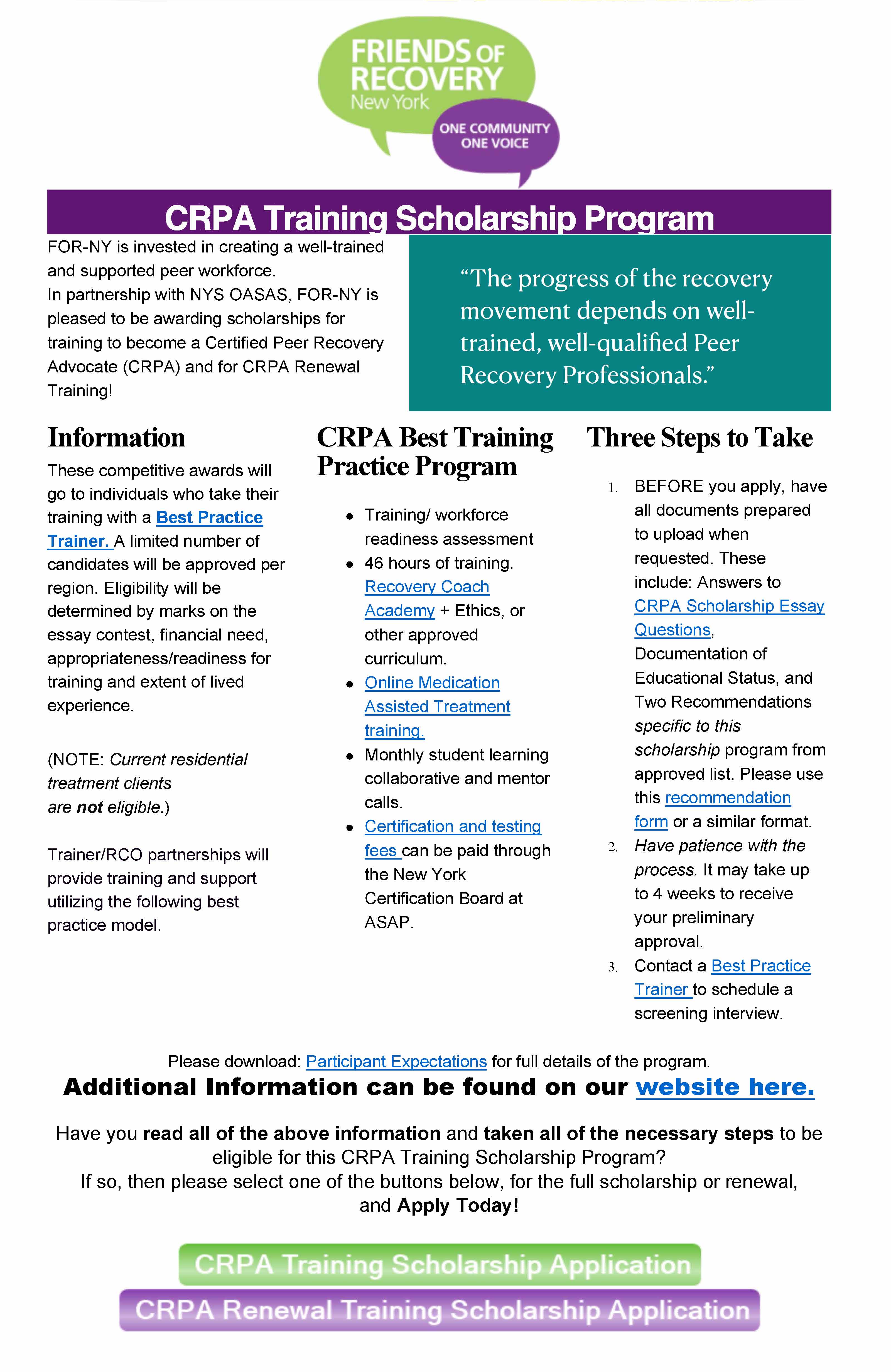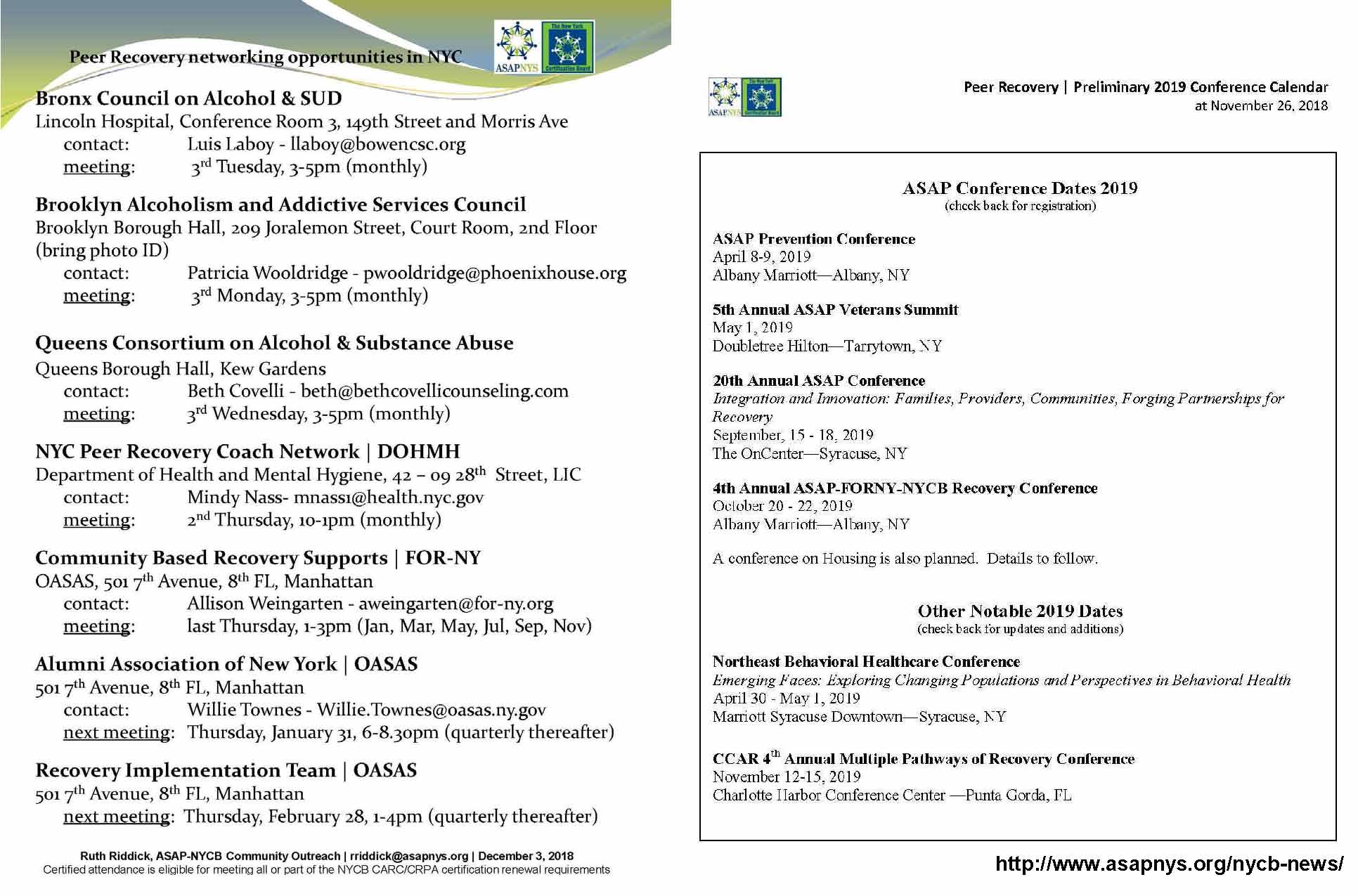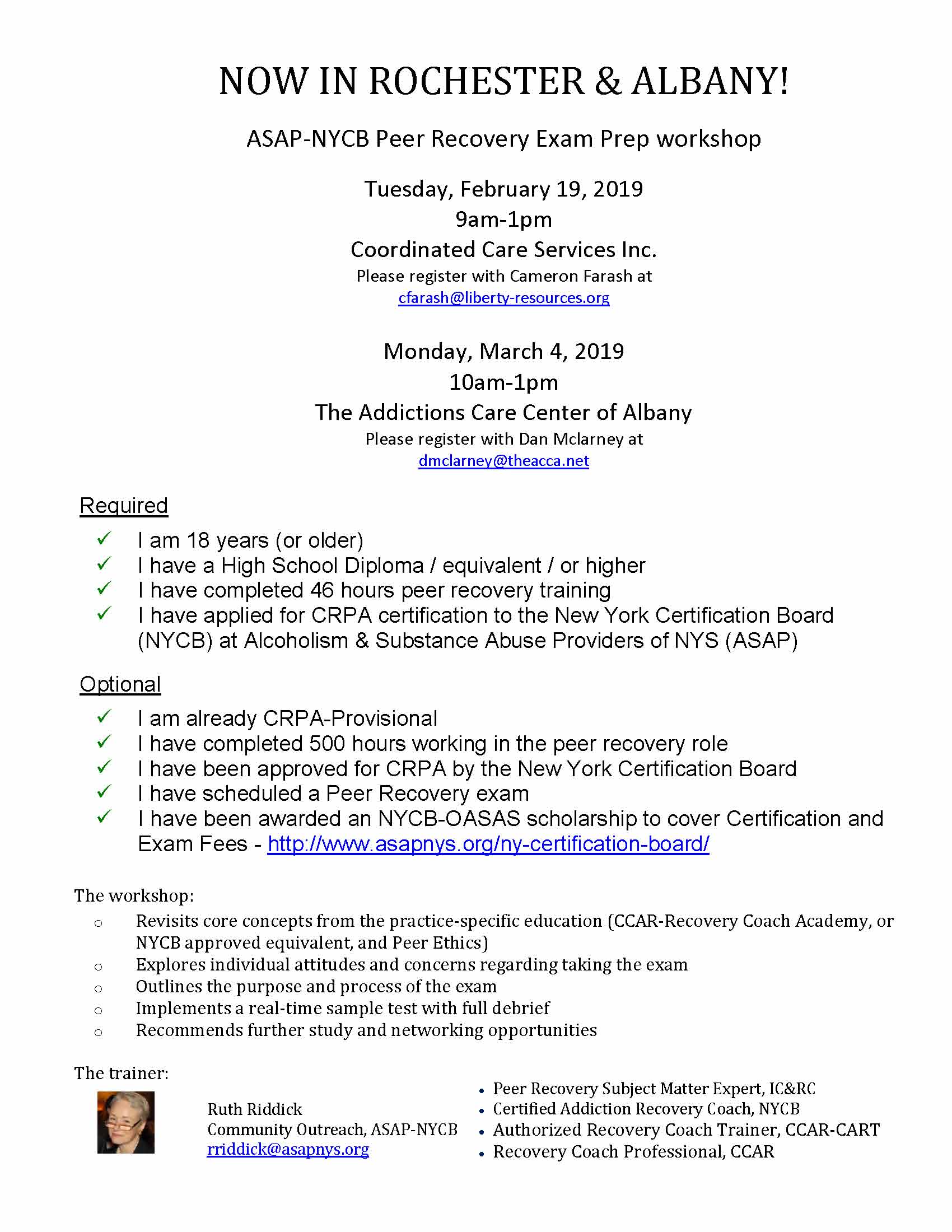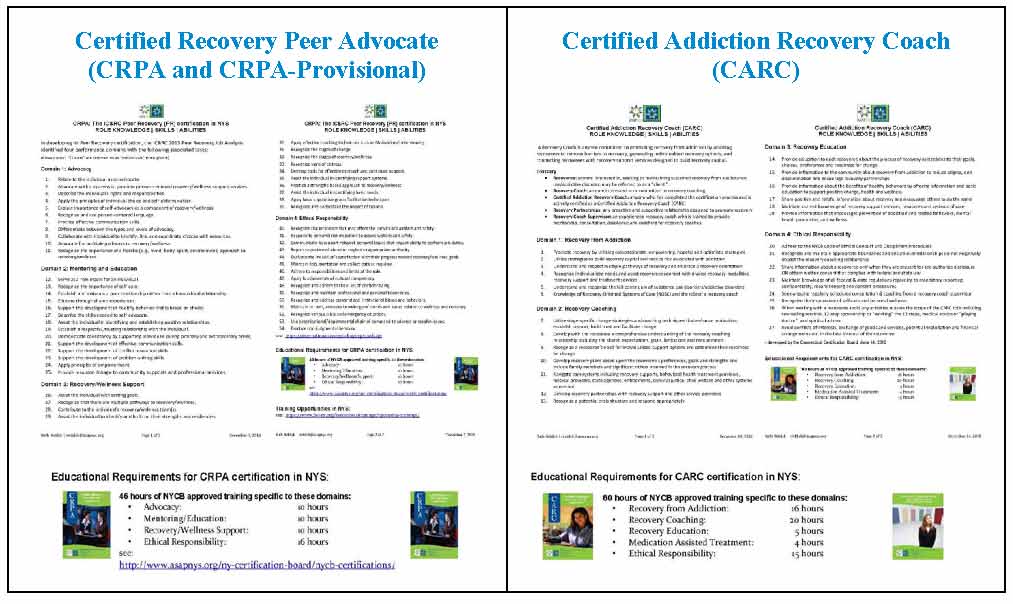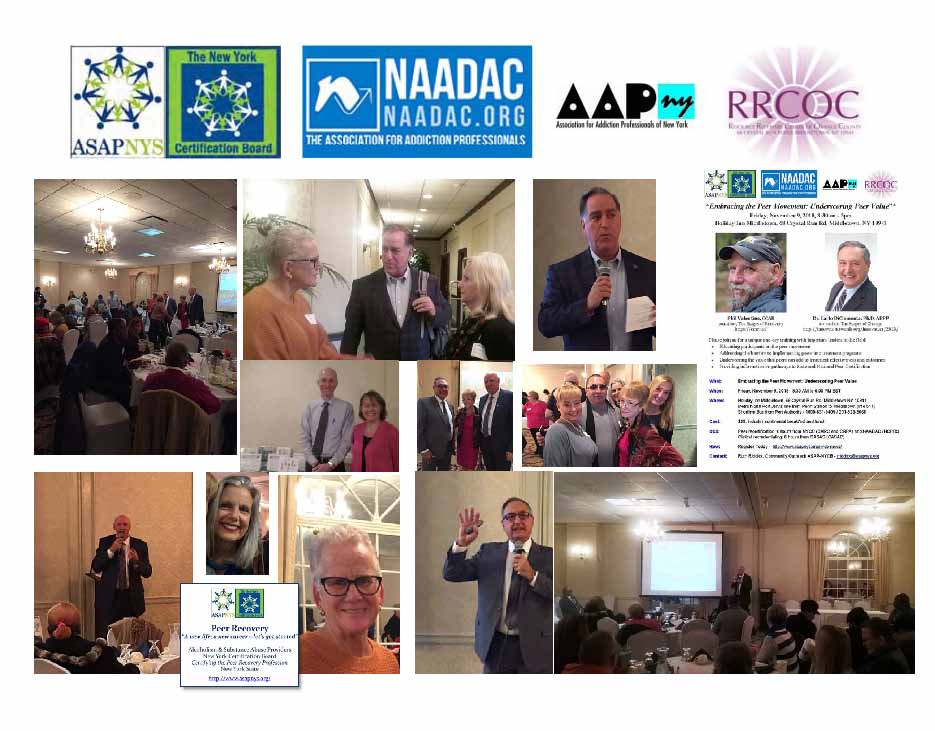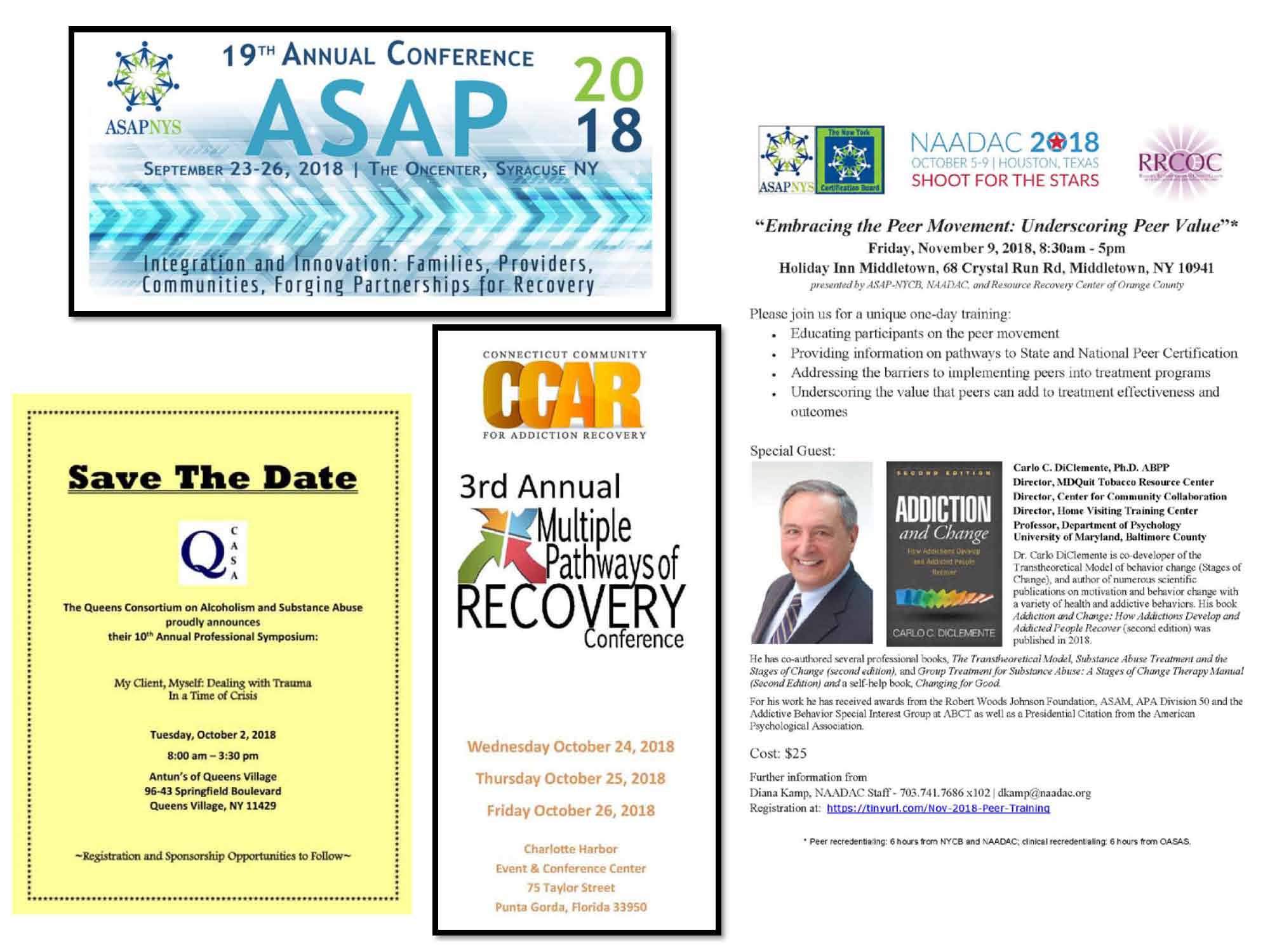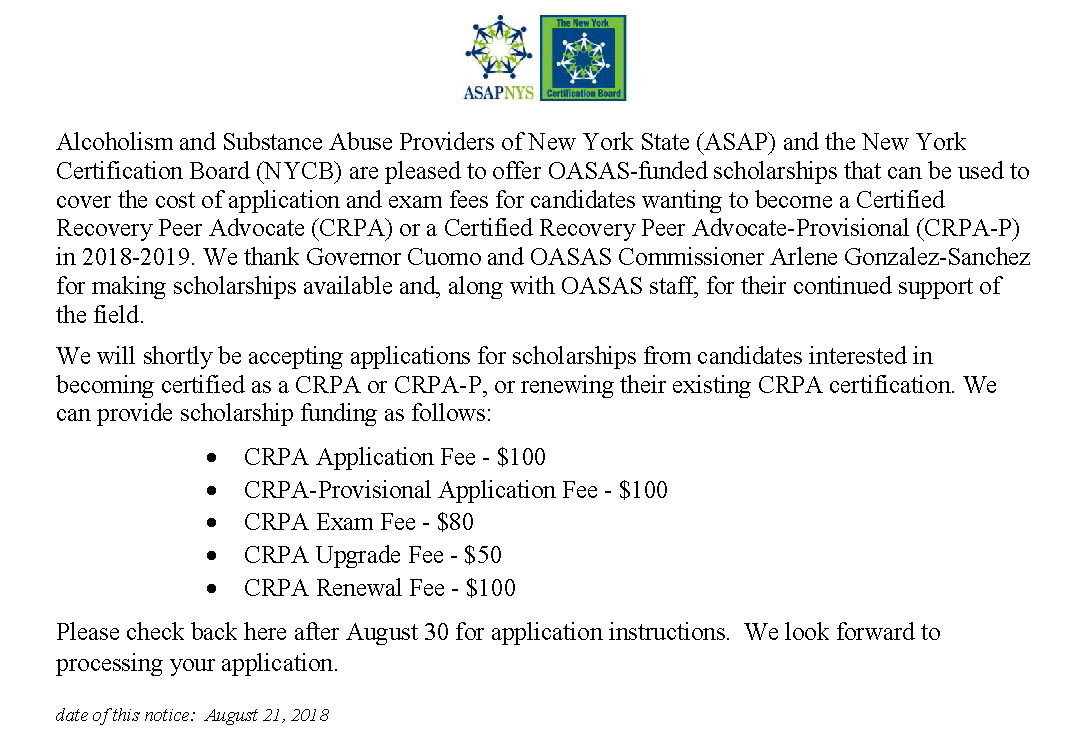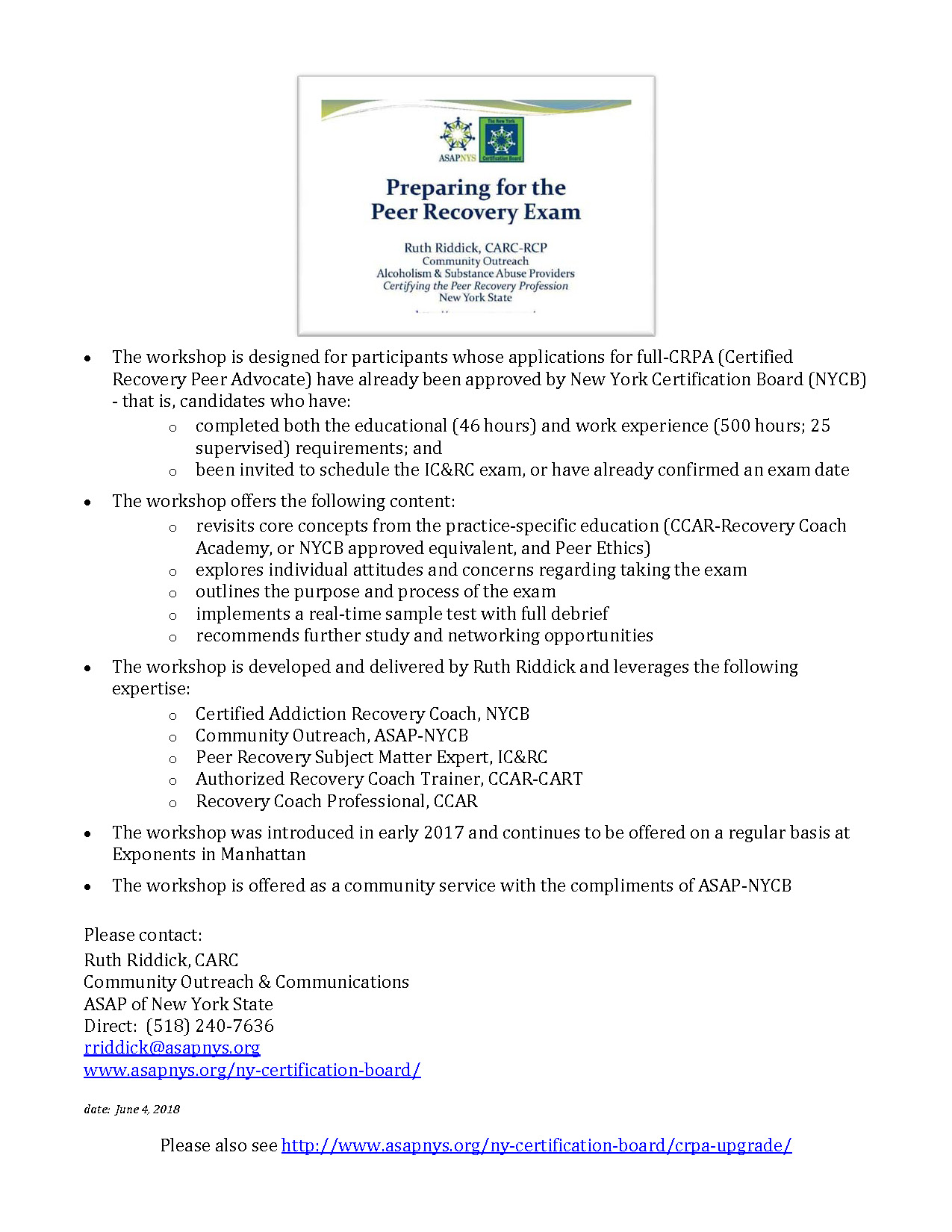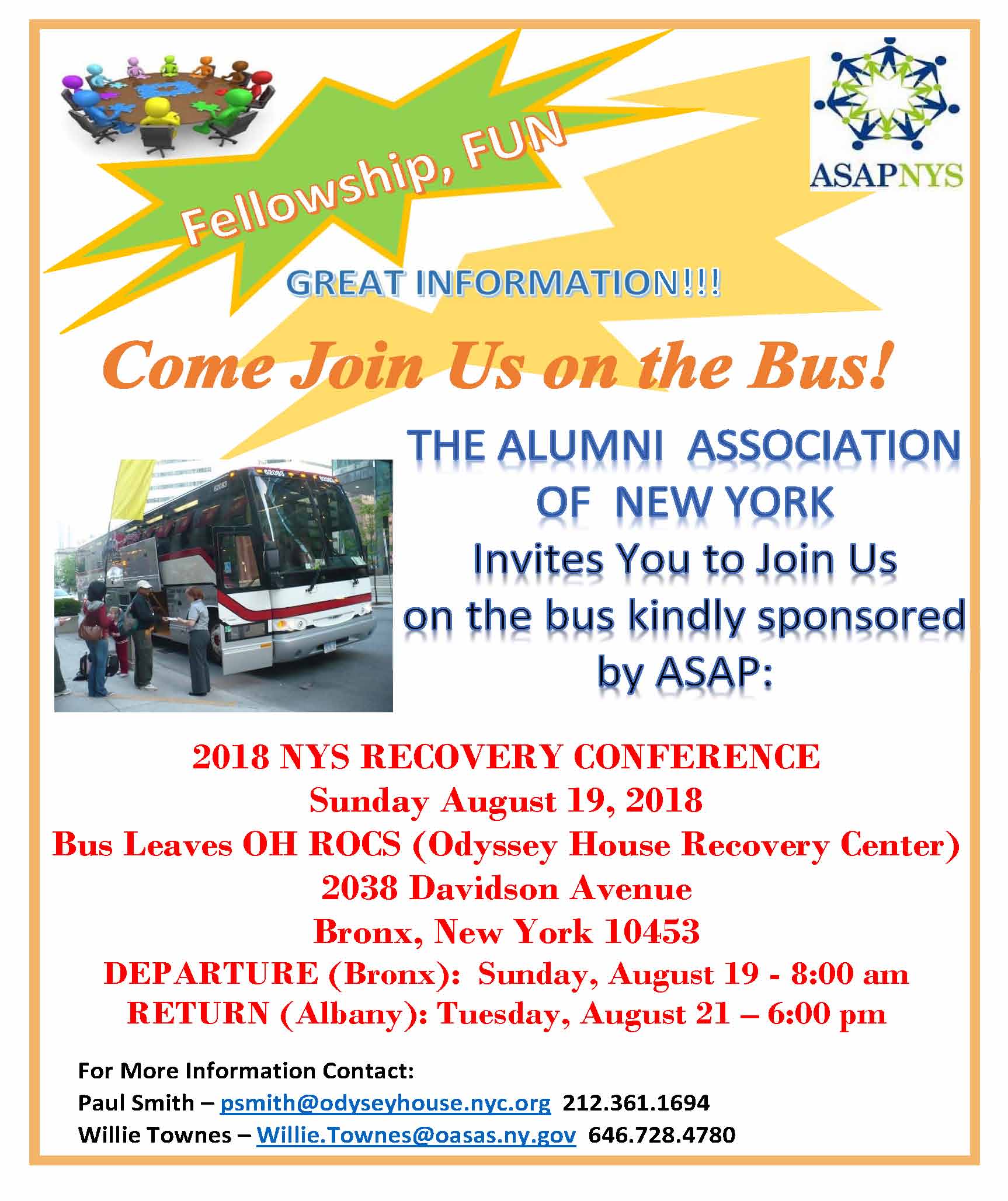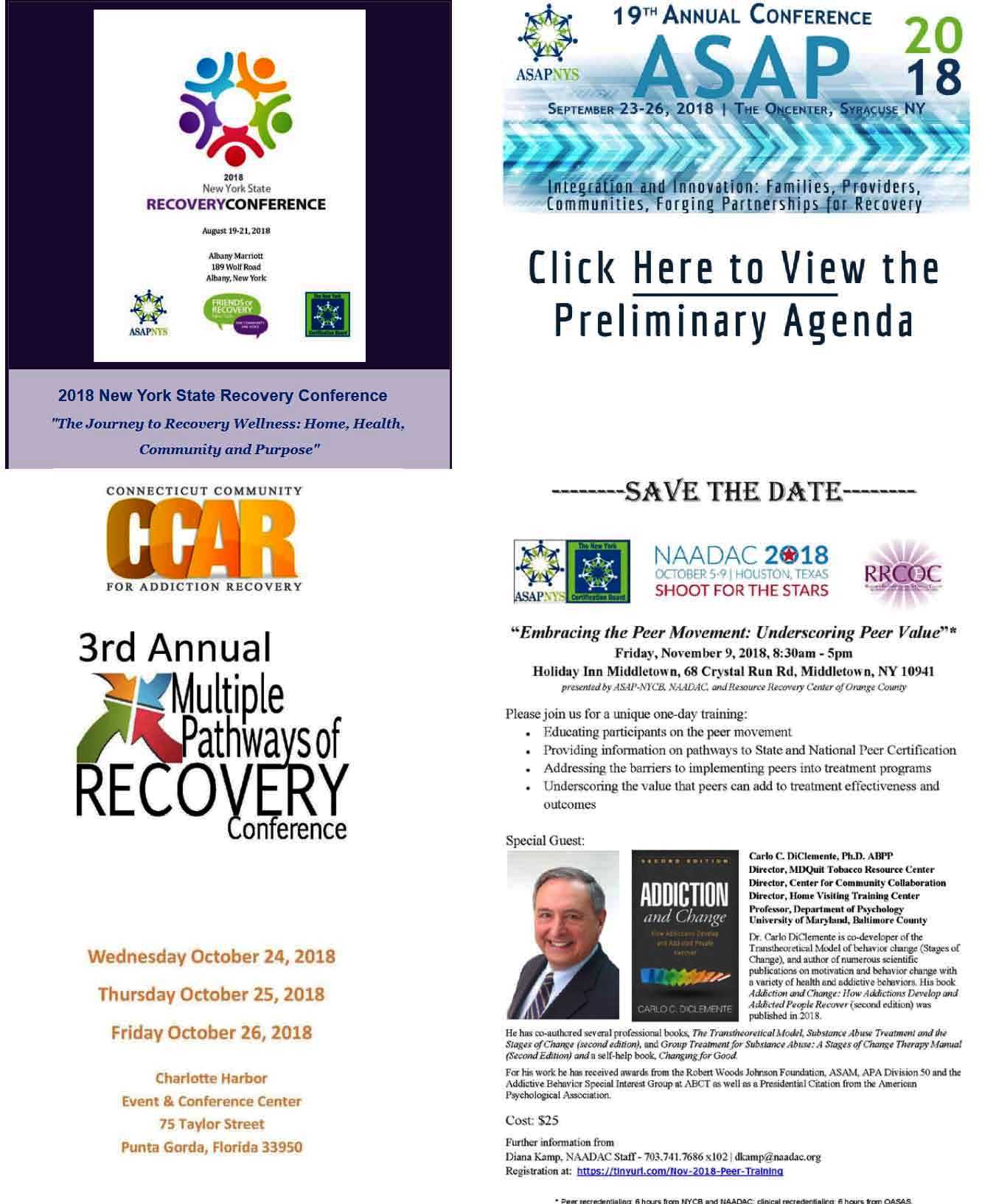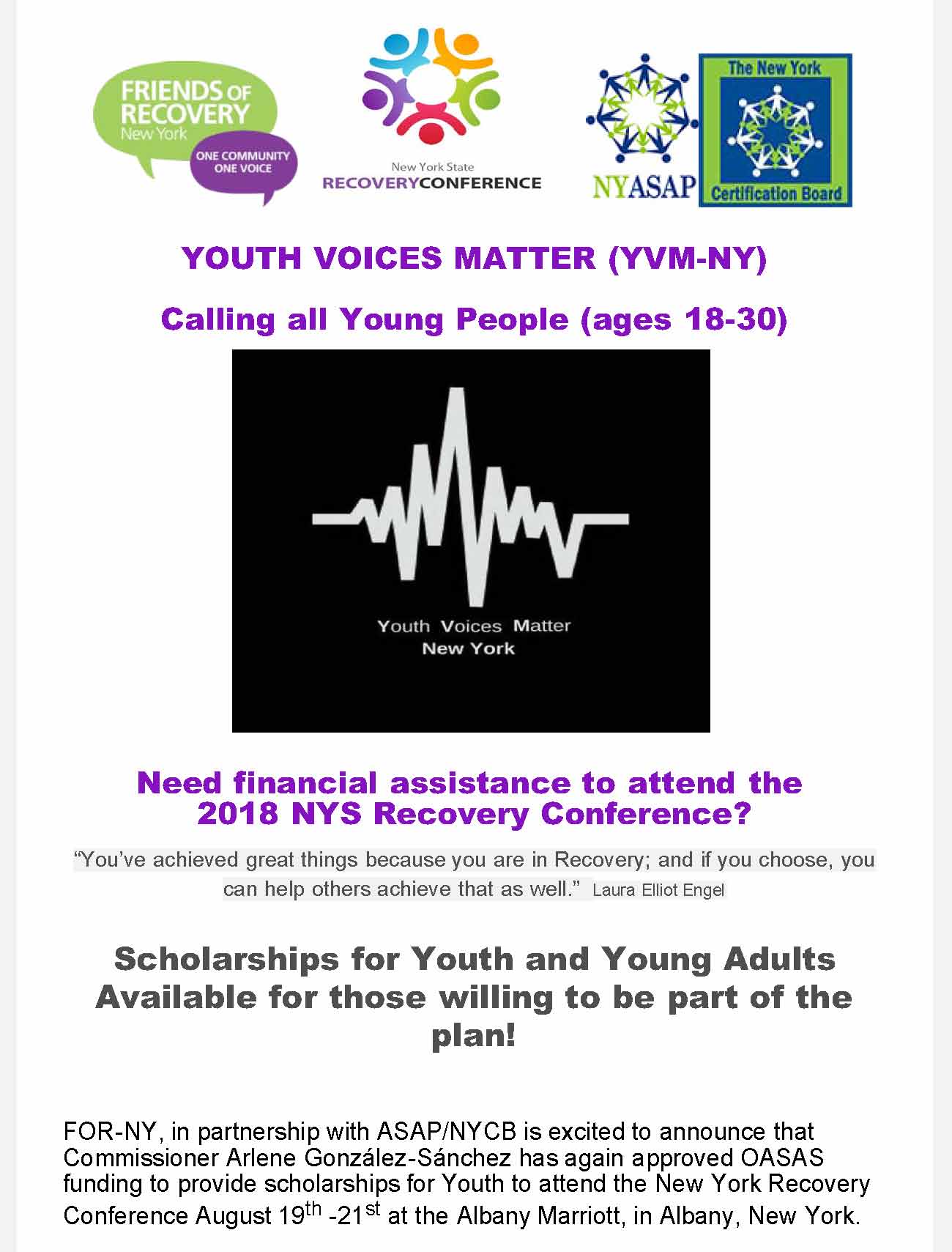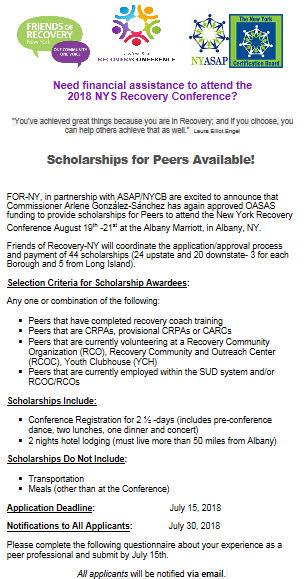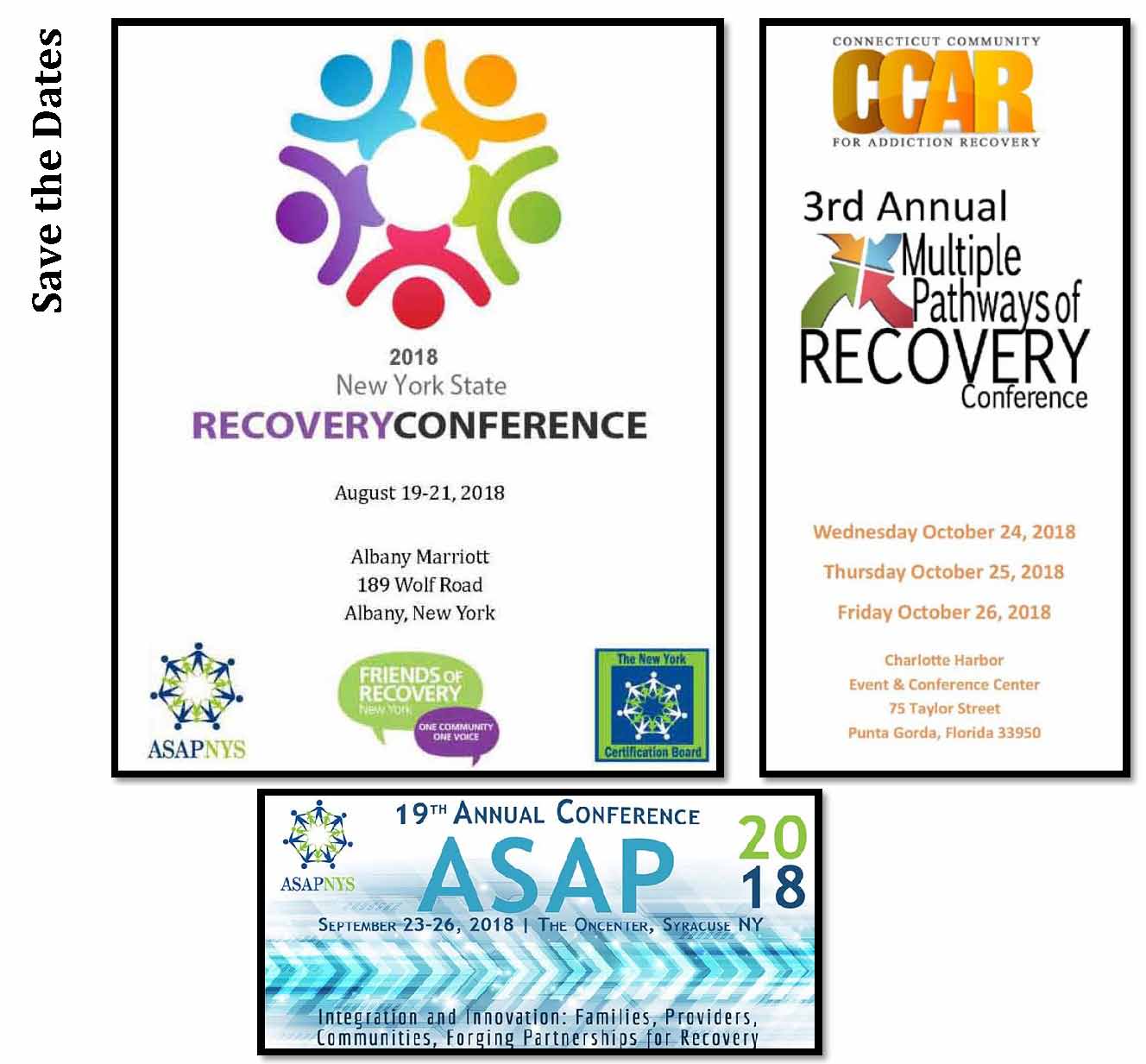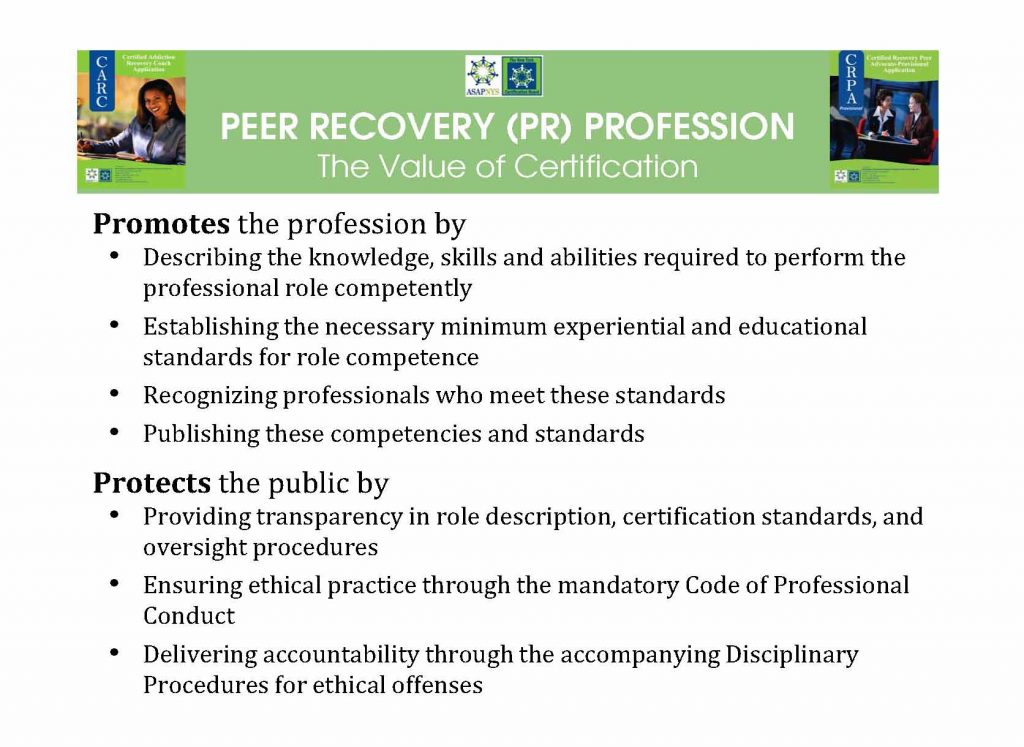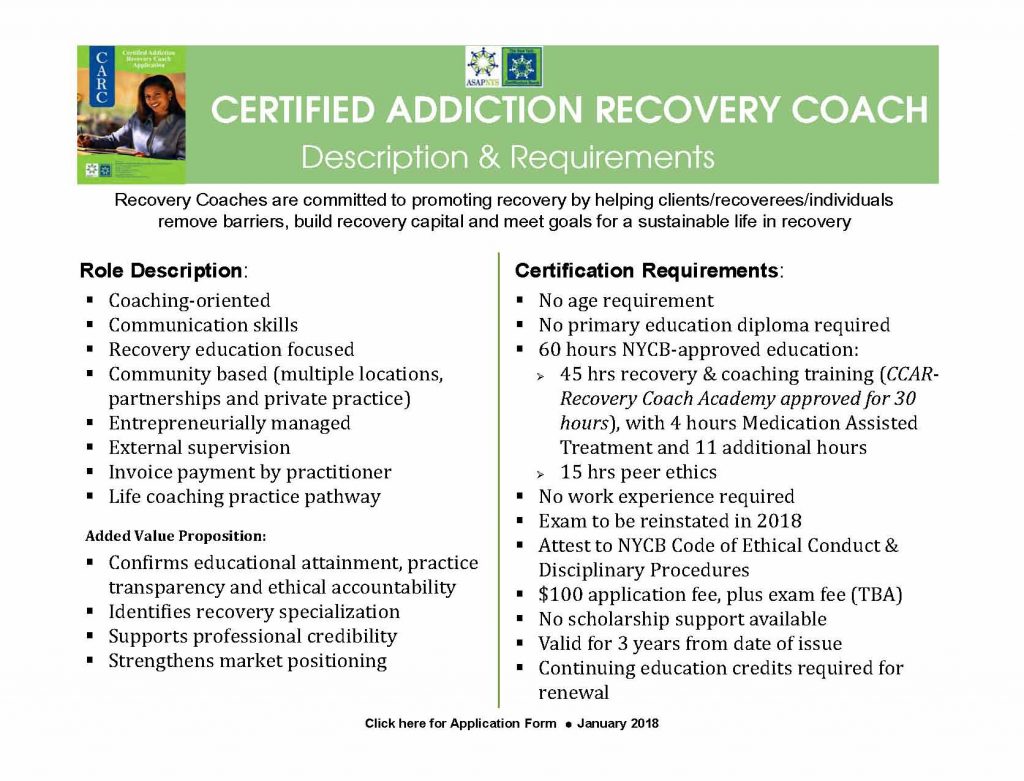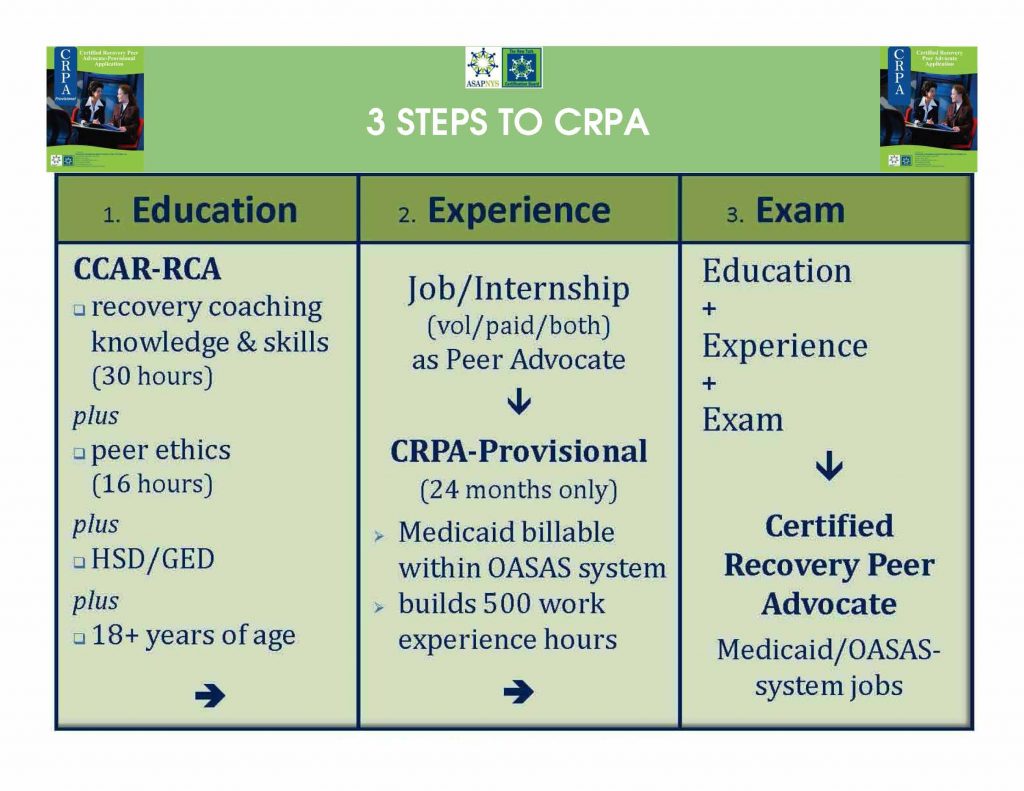What is CRPA-Family?
The Certified Recovery Peer Advocate-Family is a specialization, or "parenthetic," under the existing CRPA (Certified Recovery Peer Advocate). It offers existing CRPAs with the required "lived experience" (see "definition of a peer" below) an opportunity to offer specialized family peer support.
Career Opportunities for CRPA-Family
The demand for CRPA-Family professionals is growing, especially as the value of peer expertise in supporting families affected by substance use becomes more recognized—particularly within Part 823 Children's Services.
These services include both formal and informal supports provided to parents or primary caregivers of children who are experiencing social, emotional, medical, developmental, substance use, or behavioral challenges at home, in school, in placements, and within the community.
CRPA-Family services may be delivered in a variety of settings, including:
- Community-based locations
- The family home
- Schools
- Places of employment
- Service or treatment sites
- Other locations where the child and family engage or socialize
The specialized peer support provided by CRPA-Family professionals plays a critical role in improving outcomes for families impacted by substance use. Agencies that aim to enhance their recovery services with peer-supported, family-centered care are increasingly seeking individuals with this credential.
Who is Qualified to Become a CRPA-Family?
To become certified as a CRPA-Family, individuals must meet the following requirements:
- Hold a current CRPA certification (not CRPA-Provisional)
- Have the required lived experience (see below for definition)
- Complete 10 hours of online Family Supported Recovery training
- Complete 10 hours of in-person CRPA-Family training through an IUA-PWI authorized trainer
- Attest to and adhere to the NYCB Code of Ethical Conduct, including the Family Supported Recovery Ethical Standards addendum
Career Opportunities for CRPA-Family
The demand for CRPA-Family professionals is growing, especially as the value of peer expertise in supporting families affected by substance use becomes more recognized—particularly within Part 823 Children's Services.
These services include both formal and informal supports provided to parents or primary caregivers of children who are experiencing social, emotional, medical, developmental, substance use, or behavioral challenges at home, in school, in placements, and within the community.
CRPA-Family services may be delivered in a variety of settings, including:
- Community-based locations
- The family home
- Schools
- Places of employment
- Service or treatment sites
- Other locations where the child and family engage or socialize
The specialized peer support provided by CRPA-Family professionals plays a critical role in improving outcomes for families impacted by substance use. Agencies that aim to enhance their recovery services with peer-supported, family-centered care are increasingly seeking individuals with this credential.
What Is the lived experience required for CRPA-Family certification?
For the purposes of CRPA-Family certification, lived experience is defined as:
“A parent or primary caregiver of a youth (21 years old or younger at the onset of the family’s exposure to the youth’s substance use) who has participated in, or navigated, the substance use disorder services system.
Note: This definition of lived experience is specific to the CRPA-Family role and differs from general peer definitions.
What training is required for CRPA-Family certification?
Who is this training for?
This program is designed for participants interested in:
- Expanding their peer recovery knowledge base.
- Preparing for certification as a CRPA-Family.
- Earning approved continuing education hours for peer recovery certification renewal (CRPA, CARC).
Learning effective strategies to support a child with Substance Use Disorder.
The CRPA-F training includes:
- 50 hours of Peer Recovery foundational training required for CRPA certification. (Details available here)
- 10 hours of pre-requisite family-specialty online training module. click here (This training must be completed before the 10-hours of classroom/virtual training.
- 10 hours of family-specialty classroom/virtual training.
Where can I find CRPA-Family training?
Training is delivered by Peer Workforce Initiative (PWI) authorized trainers.
- Register for upcoming training sessions here: register here
How do I apply for CRPA-Family certification?
Once all certification requirements have been met, CRPA-Family candidates can start the application process by clicking on the self-enrollment link for the CRPA-Family application: click here
Candidates must complete all steps of the application, or it will not be reviewed.
